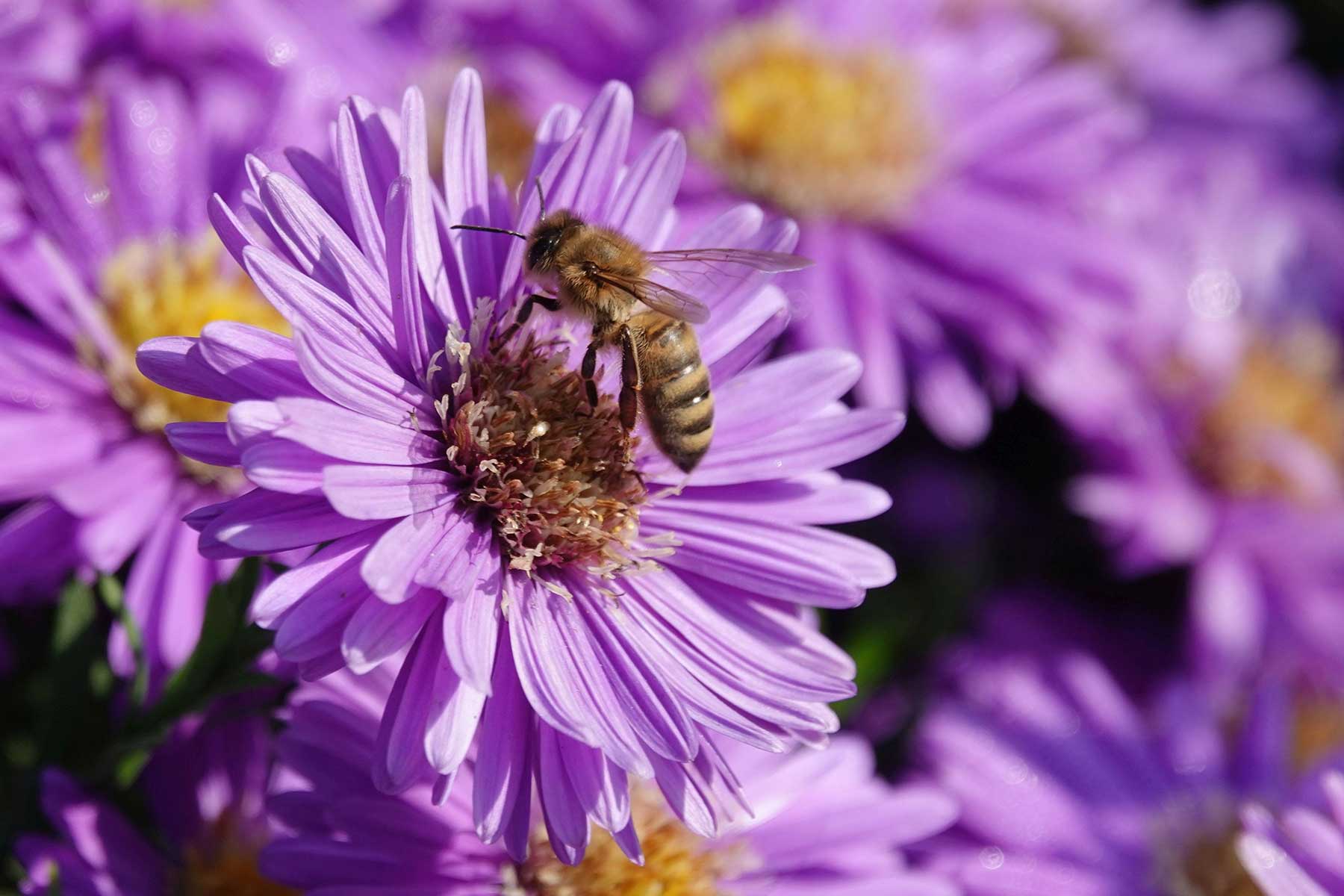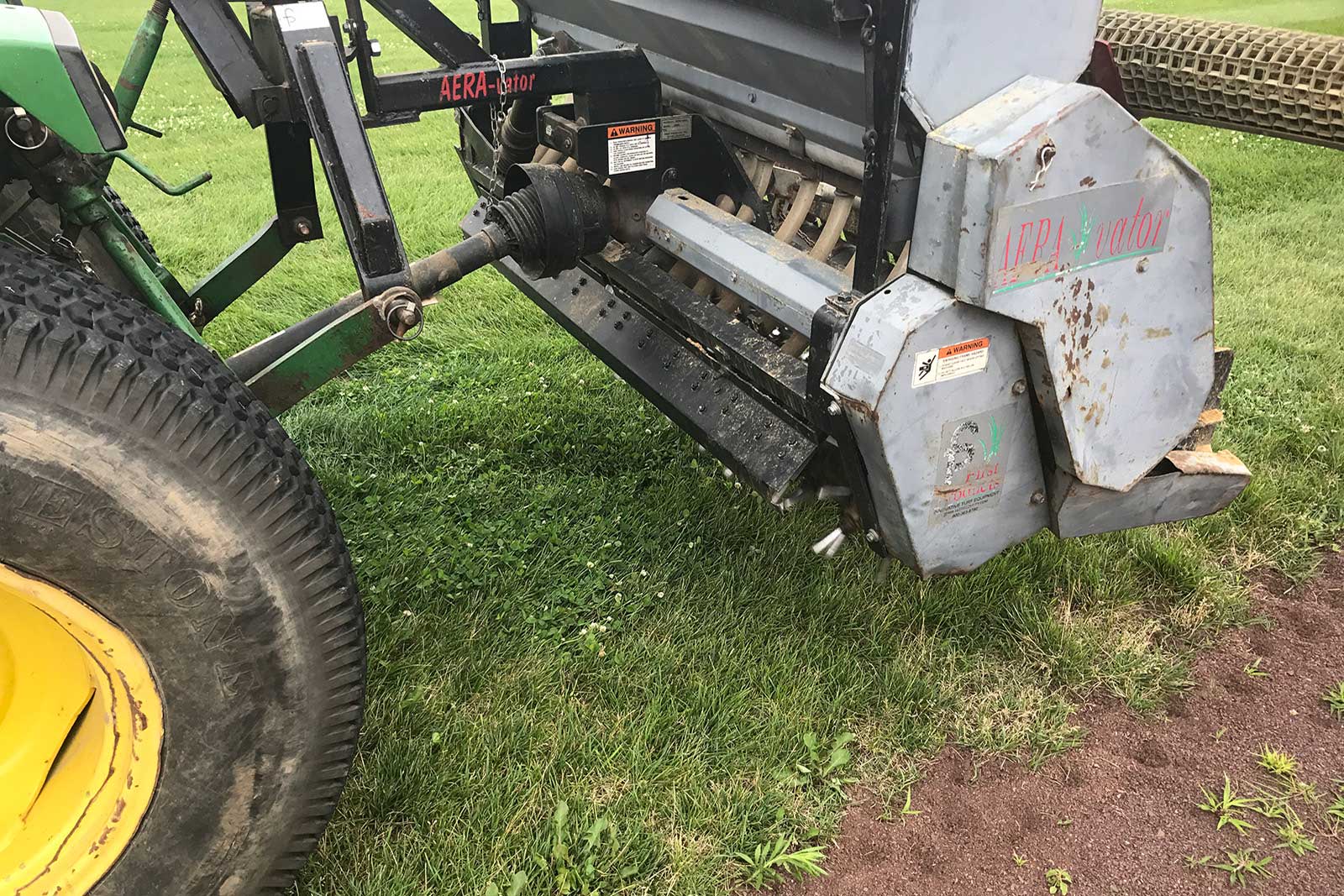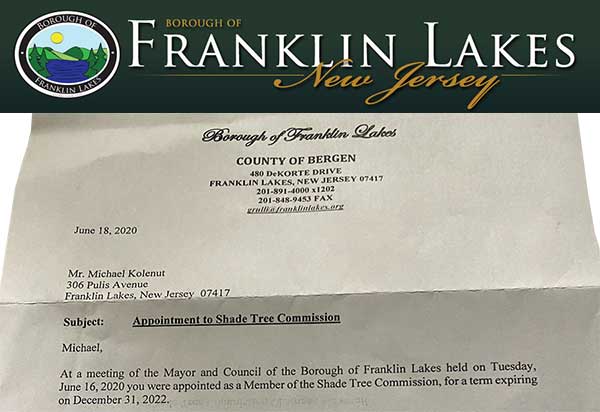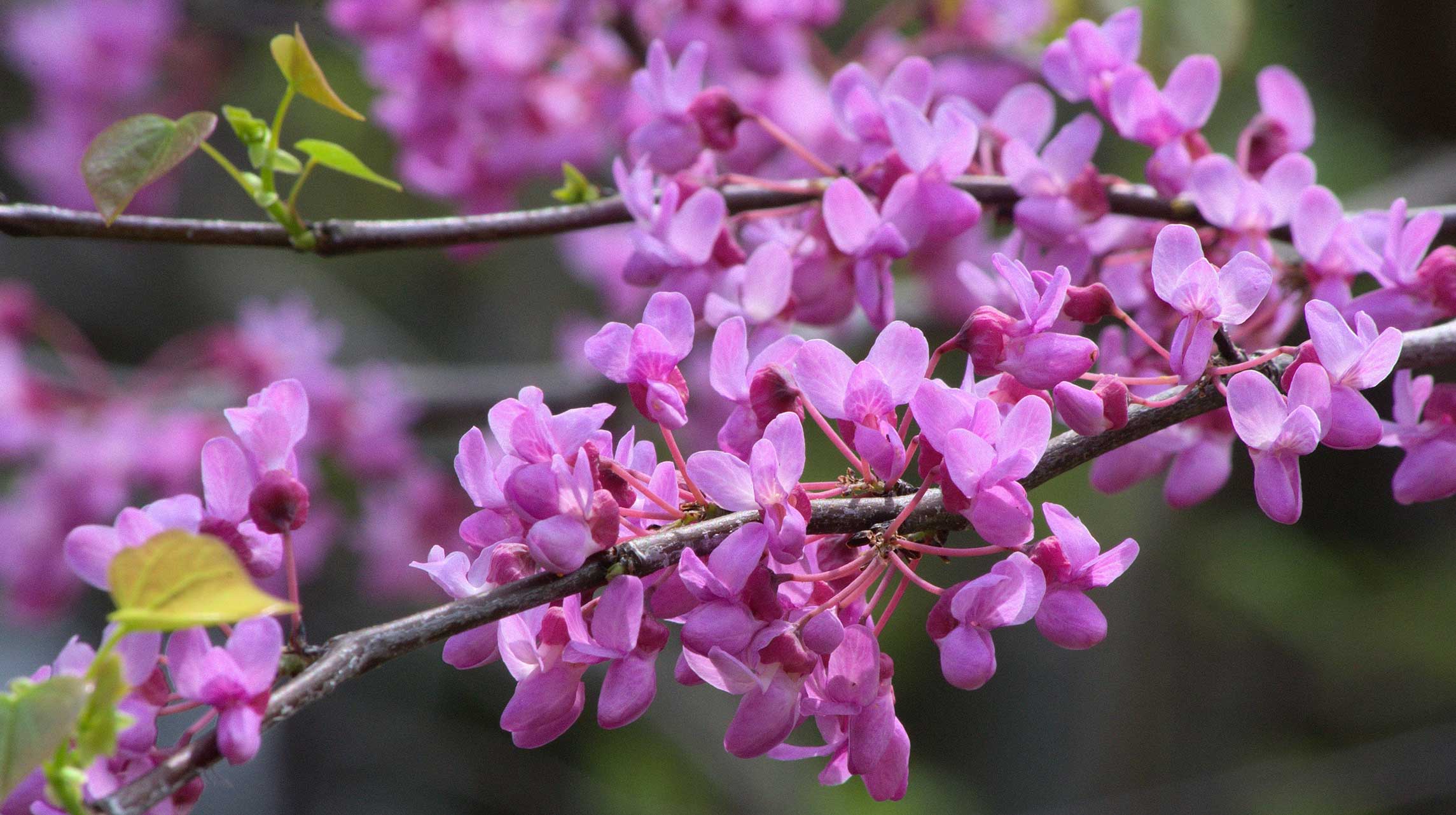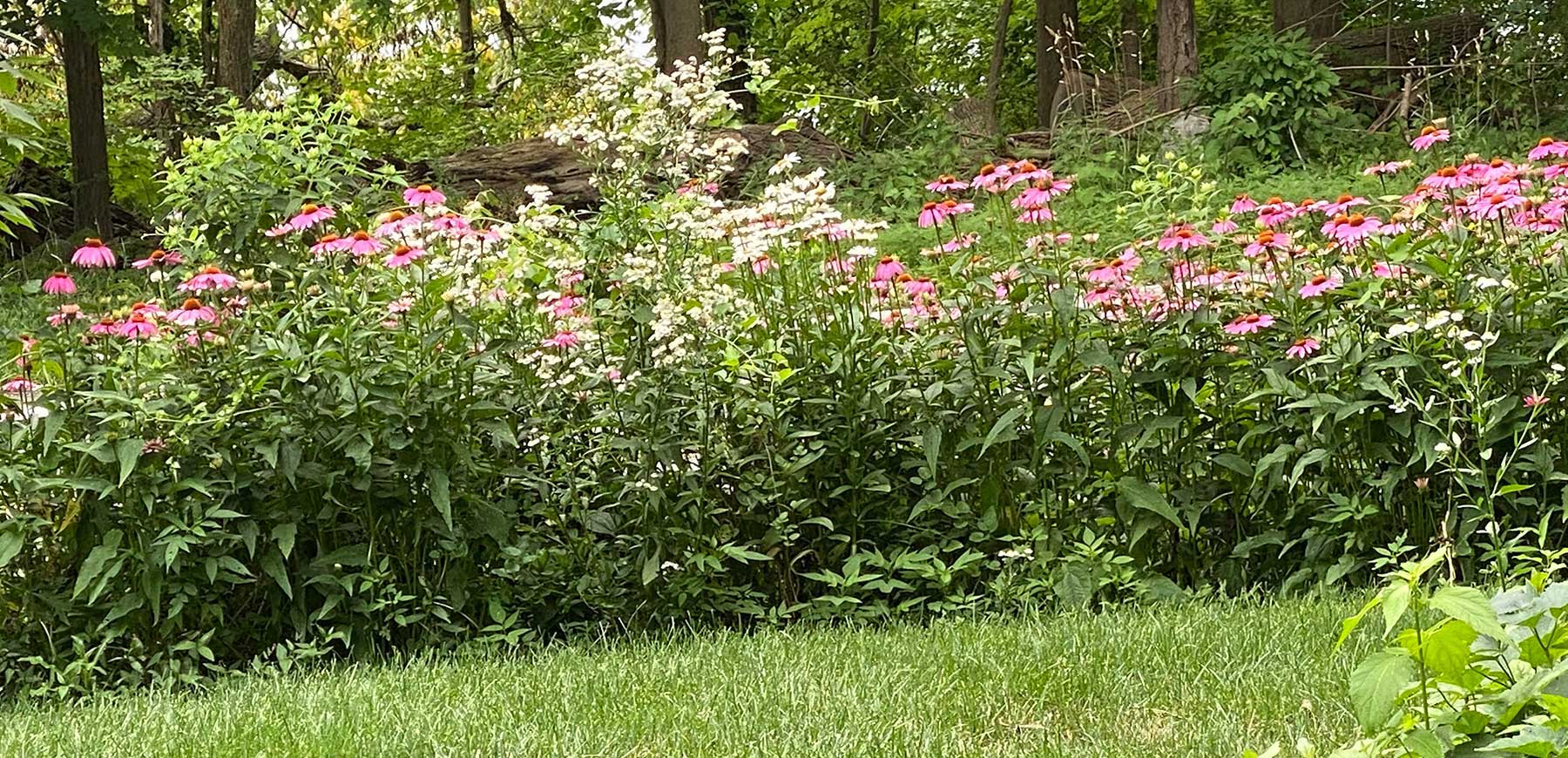Blue Woods Aster – aster cordifolius
Native Perennial Plant Blue Woods Aster “aster cordifolius“ is an excellent choice for any backyard wildlife garden or woodland shade garden. Splashes of blue abound this time of the year; in garden beds, in woodland settings, and in many community parks. They are vital native flower for honey bees, native bees and butterflies. Even during the summer when they aren’t blooming yet, they play host to the caterpillars of crescent and checkerspot butterflies (both endangered species).

